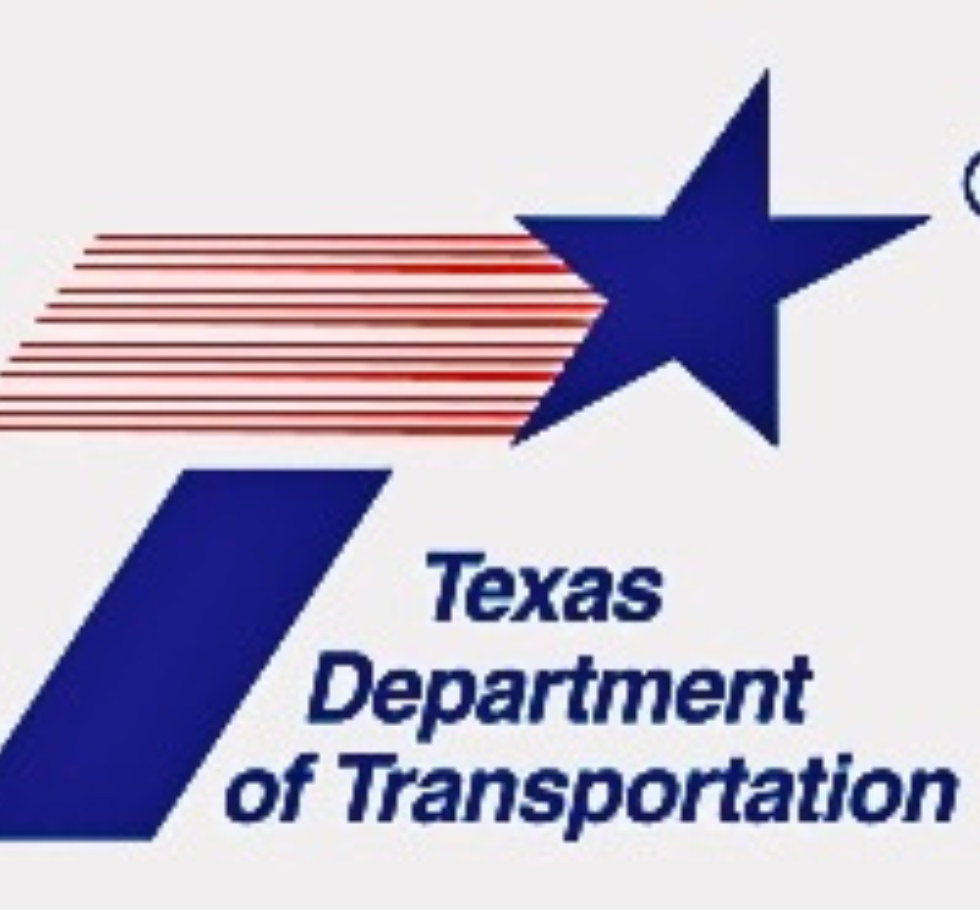In today’s complex society, it is crucial for every citizen to stay informed about local politics and take part in decisions that shape the fabric of our communities. One such decision that regularly appears on the ballot is whether to support a school bond. Individuals without children might question the value of voting in favor of a bond that seems to have no direct bearing on their lives. However, there are numerous compelling reasons for everyone, irrespective of their parental status, to vote yes on a school bond. Let’s delve deeper into these reasons:
1. Strong Schools Create Strong Communities
Investing in quality education has a far-reaching impact on the entire community. Exceptional schools not only offer children the chance to excel but also contribute to the overall health, safety, and prosperity of the area. As schools improve, so do the property values in the surrounding neighborhoods. A well-funded and well-maintained school system can be a significant selling point for prospective homebuyers, which in turn bolsters the local real estate market and contributes to a stable tax base.
2. A Better Educated Workforce
The students of today are the workforce of tomorrow. By supporting school bonds, we invest in the education and development of future leaders, entrepreneurs, and innovators. A well-educated workforce is vital to attracting businesses and fostering economic growth within the community. Companies are more likely to invest in areas where they can find skilled employees, leading to increased job opportunities and a stronger local economy. Additionally, a better educated workforce is likely to drive innovation, which can further strengthen the region’s economic outlook.
3. Education as a Public Good
Education is both a fundamental right and a public good. Investing in our schools means investing in the collective well-being of our society. Providing quality education to all children, irrespective of their background or socio-economic status, helps level the playing field and reduces disparities between various social groups. This promotes social cohesion, lowers crime rates, and creates a more just society overall. Furthermore, a well-rounded education equips individuals with the critical thinking and problem-solving skills necessary to address the complex challenges our society faces.
4. Long-term Cost Savings
Although school bonds require a short-term financial investment, the long-term benefits often more than compensate for the initial costs. Enhanced educational facilities, resources, and programs can lead to higher graduation rates and students who are better prepared for post-secondary education or the workforce. This, in turn, results in lower crime rates, reduced reliance on social services, and a more productive workforce. In essence, investing in schools now can save taxpayers money in the long run by reducing the need for costly remedial programs or social interventions.
5. Civic Engagement
Participating in local politics and voting on issues that affect the community, such as school bonds, is a vital part of being an active and engaged citizen. By voting yes on a school bond, you are exercising your democratic rights and contributing to the overall well-being of your community. Moreover, supporting local schools can help foster a sense of pride and belonging, which strengthens the social fabric of the community. This sense of collective responsibility can inspire further civic engagement and empower residents to address other pressing issues facing their community.
6. Environmental and Technological Advancements
Modern school bonds often include provisions for upgrading facilities to meet higher environmental and energy efficiency standards. By supporting these bonds, voters contribute to reducing the environmental footprint of their communities and promoting sustainable development. Additionally, school bonds can provide funding for technology upgrades, ensuring that students have access to cutting-edge tools and resources that prepare them for an increasingly digital and interconnected world.
7. Healthier Communities
Schools play a significant role in promoting the health and well-being of students, staff, and the broader community. Many school bonds include provisions for upgrading athletic facilities, expanding nutrition programs, and enhancing mental health resources. By supporting these initiatives, voters can help create healthier communities and reduce the long-term healthcare costs associated with obesity, mental health issues, and other preventable health conditions.
8. Lifelong Learning Opportunities
Schools are not just for children. Many school districts offer adult education programs, community workshops, and other continuing education opportunities. Supporting a school bond helps maintain and expand these resources, allowing individuals of all ages to pursue personal growth, professional development, and lifelong learning.
9. Intergenerational Benefits
Although the immediate benefits of a school bond may seem to apply only to current students and their families, the long-term advantages span multiple generations. By investing in our schools, we create a legacy of high-quality education that benefits our children, grandchildren, and beyond. The ripple effects of a well-funded and well-maintained school system can be felt for years, shaping the future of our communities and society as a whole.
10. Enhancing Public Infrastructure and Facilities
Investing in school bonds not only supports the education system but also contributes to the development of public infrastructure and facilities. Modern school bonds frequently incorporate provisions for upgrading facilities to meet higher environmental and energy efficiency standards, improving safety measures, and creating accessible spaces for students with disabilities. By endorsing these bonds, voters play a crucial role in advancing the community’s infrastructure, which in turn contributes to the overall quality of life for all residents. Additionally, improved school facilities can serve as valuable resources for community events, recreational activities, and emergency shelters in times of crisis, further emphasizing the importance of supporting school bonds for the greater good.
In conclusion, the case for voting yes on a school bond is compelling and multifaceted, regardless of whether or not one has children. The interconnected benefits of supporting our schools touch every aspect of our communities, from economic growth and social cohesion to environmental sustainability and cultural enrichment. By casting a ballot in favor of a school bond, citizens are taking an active role in shaping the future of their communities and ensuring that they remain vibrant, prosperous, and inclusive for generations to come.
At Front Line Advisory Group, we transform Capital Improvement Bond Management through expertise & industry knowledge. We empower clients & maximize tax dollars through Program Management Consulting. Contact us for more info at info@frontlineadvisorygroup.com.












